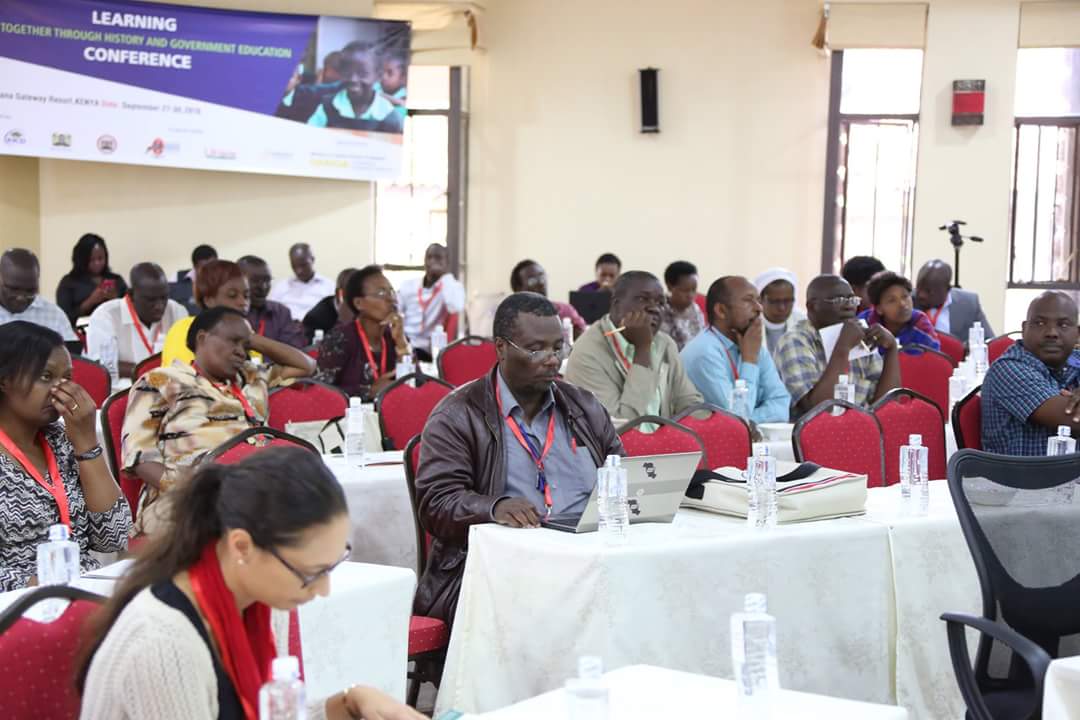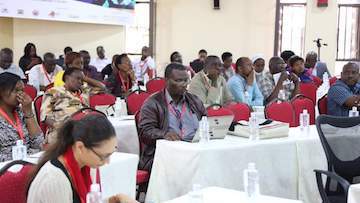
In the effort to improve the current state of History and Government teaching in Kenya and explore ways in which these subjects can be used to promote peace and reconciliation in the country, a conference took place from 27 to 30 September 2016 under the topic of “Learning to Live Together through History and Government Education”, organized by Kenya Institute of Curriculum Development with the support of ACT.
Ms. Maria Lucia Uribe and Mr. Suchith Abeyewickreme, from Arigatou International Geneva, were among the 12 facilitators at the Conference. They contributed with their insights into the role of ethics education to uphold and promote human dignity, foster interconnectedness and respect for one another, and help developing inclusive individual and collective identities.
Despite concerted efforts, achieving national cohesion in Kenya still remains a big challenge. The education sector has a great potential of promoting national cohesion and integration amongst communities. Therefore, the purpose of this Conference was to identify strategies to capitalize on the potential of History and Government education and develop a guiding Framework on Citizenship Education in Kenya.
In this regard, Ms. Uribe stated that: “at the core of history education is the possibility to provide different narratives of the past and also the possibility for students to critically analyze, reflect, assess and consider the events of the past”. In order to do so, it is essential to develop competencies that can help nurturing empathy, ethical judgment and consciousness and an ethics education framework is fundamental to achieve this purpose.
During the conference Ms. Uribe and Mr. Abeyewickreme explained how ethics education can help advancing learning to live together through history education, by emphasizing several of the elements of its educational approach that help promoting global citizenship competencies that respond to the challenges of living together today. They also shared their recommendations for curriculum planning and policy development in Kenya.
Participants at the conference had the opportunity to learn more about the Learning to Live Together (LTLT) Programme. Through examples of children’s participation, Ms. Uribe and Mr. Abeyewickreme explained how LTLT supports the creation of a safe learning experience for children allowing them to strengthen their sense of belonging, to be, become, connect and transform.
At the end of the conference, Arigatou International held meetings with representatives from the Kenya Institute of Curriculum Development to continue supporting the current national curriculum reform to mainstream ethics education in content design but also in teachers training.
The four-day event was an excellent platform for dialogue towards peace, reconciliation and social cohesion in Kenya. We congratulate all the organizers and participants for their valuable insights.
